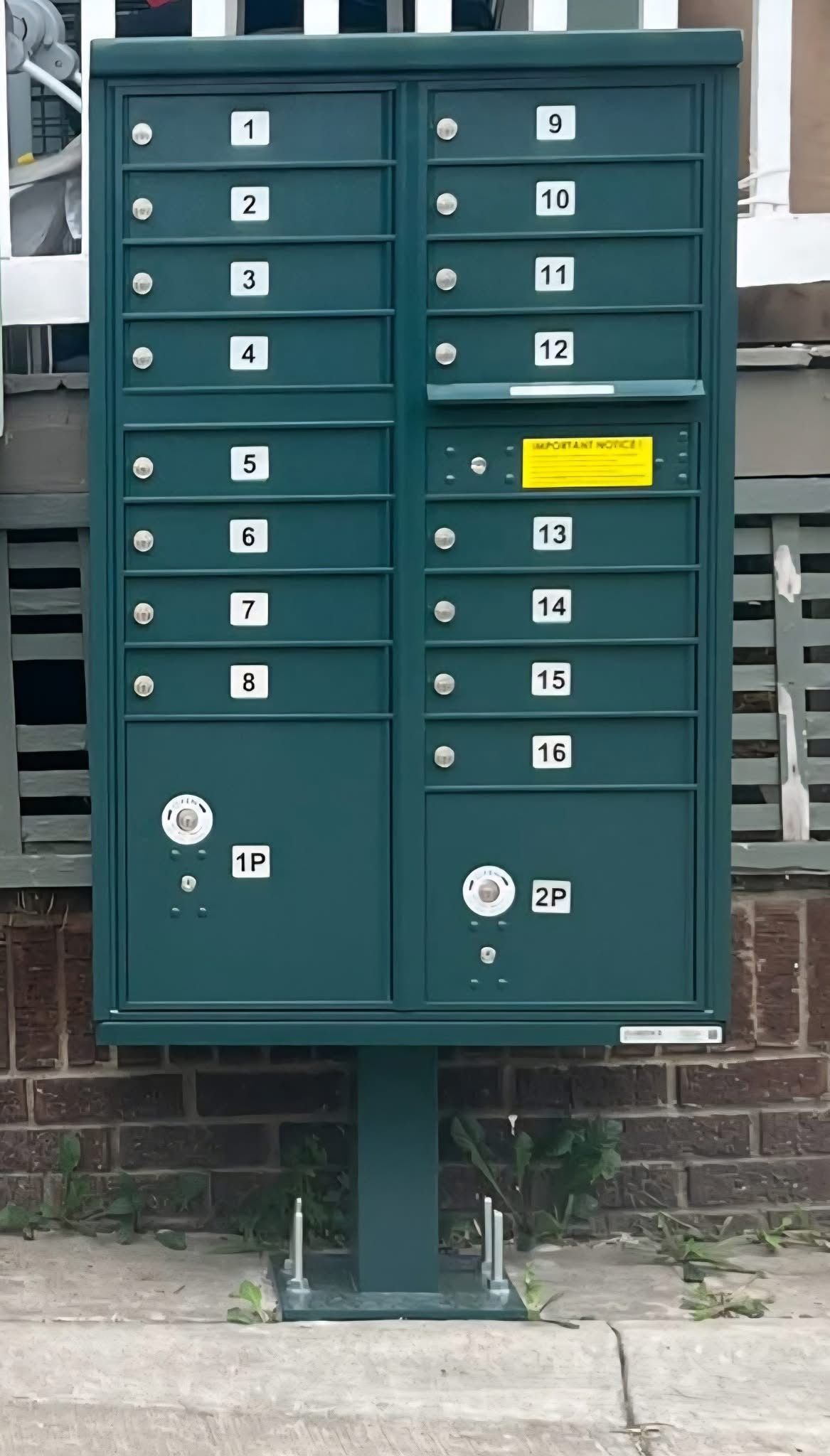Evaluating peer support services in family reunification
Research suggests that roughly 30% of reunified foster children reenter foster care, and here's what one organization is doing about it.
Strengthening parents’ support systems can be a key strategy for supporting reunification and avoiding reentry. Child welfare systems could be enhanced, researchers advocate, if supplemented with informal support services, such as those provided by peer networks, neighborhood groups, and voluntary associations. Here's what one organization did to address the challenge and create lasting impact.
The child welfare system
Throughout the child welfare system, family reunification remains the foremost permanency planning goal. Family reunification refers to the process of uniting children from foster care with their families of origin. There are laws that require states to make reasonable efforts to preserve or reunify families (USDHHS, 2016).
Unfortunately, reunification is not always successful, and reentry into foster care after unification is all-too-common, due to parental unaddressed needs, stress, and lack of supports (Laylants, 2020).
Research suggests that roughly 30% of reunified foster children reenter foster care (Wulczyn et al., 2011).
Factors affecting reunification
Families preparing to reunify after a separation because of abuse or neglect face unique challenges in their attempts to come back together as a family. For example, both parents and children experience potentially distressing changes during separation.
They may not have adequately addressed the issues related to maltreatment that precipitated the removal and placement of the child in the first place. In addition, parents involved in the child welfare system may develop complicated feelings of fear and distrust toward professionals.
“Furthermore, preexisting stressors can exacerbate the acute stress of a child’s removal from the home especially since the preponderance of child welfare-involved families commonly struggle with poverty, substance abuse, domestic violence, and mental health issues. In such instances, parents may lack supports both formal (provided by professional services) and informal (provided by family, friends, peers, church, neighborhood, and voluntary associations) to help them adequately meet their needs; they may lack support networks that could offer much needed emotional support, empowerment, and guidance, and may experience feelings of loneliness and social isolation” (Laylants, 2020, p. 450).
Unfortunately, the rates of maltreatment recurrence remain high, which contribute to reunification failure and reentry into foster care (Laylants, 2020).
The solution
Strengthening parents’ support systems can be a key strategy for supporting reunification and avoiding reentry (Child Welfare Information Gateway, 2017). Child welfare systems could be enhanced, researchers advocate, if supplemented with informal support services, such as those provided by peer networks, neighborhood groups, voluntary associations, and so on (Laylants, 2020).
Lived experience. With the help of peer mentors, who are parents formerly involved with the child welfare system, support services could be delivered to parents involved with the child welfare system. Such peer mentors could interact with families in a less structured way that child welfare workers, and thus meet an unfilled need for support.
“Having successfully gone through the system themselves, peer mentors can provide guidance, connect parents to community resources, encourage peer networks, and teach advocacy skills” (Laylants, 2020, p. 451).
The evaluation. A peer-delivered pre- and post-reunification support program was developed to provide emotional, informational, instructional, and advocacy supports to families undergoing the reunification process. Through focus groups and in-person interviews, Laylant (2020) evaluated the effectiveness of the peer support program to determine the types of supports parents received through peer support (family coaches), the parents’ and coaches’ perceptions of their benefits, the characteristics they found to be valuable, and the factors that promoted parental engagement with the peer mentors.
The impact
Findings from their research suggested that the presence of a family coach was a critical source of support for many parents, cultivating connection, comfort, trust, and guidance in the reunification process.
Parents felt that their family coach/peer supporter served as their advocate, ally, guardian (e.g. “someone who had my back”), confidante (“whenever I need help, I reach out to her; she is my confident,” (she gives reassurance”), guide, insider, and advisor (“she let us know our rights”).
Emotional support. Emotional support was the most beneficial impact. Parents felt that encouragement, empowerment, validation, reassurance, providing an opportunity to vent, discussing apprehensions, and being a part of a support network were crucial in the reunification process.
Many parents reported feeling isolated and experiencing lack of supports prior to the peer support program, and they considered it of critical importance to have someone to talk to who was impartial. The support system that the family coach offered was invaluable, according to the majority of participants.
“Compared to professional supports, the family coaches occupied an inimitable place for many parents due to the less formalized nature of the relationship, resulting from both the engagement tactics and personable demeanor of the family coach. Since the coach was viewed as an individual who was immediately relatable by virtue of her own personal experience in the child welfare system, parents developed an instant camaraderie and trust typically absent from relationships with case workers,“ Laylants said.
Conclusions
Making peer support a priority in the child welfare system and for the families involved deserves consideration, especially since only about “half of abused and neglected children who are reported to child welfare services ultimately return to their home of origin,” (Laylants, 2020, p. 465).
“For many parents, the disenfranchisement and loss experienced upon surrendering one’s children to the child welfare system remained an unmatched pain, understood only by a select few. The family coach and the peer support group provided a community privy to the ups-and-downs, traumas and even joys intrinsic to the experience of reunification. Support group members and the family coaches were incomparable in their ability to empathize and counsel. It was to such a sanctuary that parents returned to again and again,” Laylants added.
It appears that family coaches can be an important complement to the formal child welfare services system and fill a much-needed void in support.
References
Child Welfare Information Gateway. (2017). Supporting successful reunifications. U.S.
Department of Health and Human Services, Children’s Bureau. https://www.childwelfare.gov/pubs/supporting-reunification
Lalayants, M. (2020). Peer support services in family reunification process in child welfare: perceptions of parents and family coaches. Journal of Family Social Work, 23(5), 449-471.
U.S. Department of Health & Human Services (USDHHS), Administration for Children and Families, Administration on Children, Youth and Families, Children’s Bureau. (2016). Reasonable efforts to preserve or reunify families and achieve permanency for children. https://www.childwelfare.gov/pubPDFs/reunify.pdf
Wulczyn, F., Chen, L., & Courtney, M. (2011). Family reunification in a social structural context. Children & Youth Services Review, 33(3), 424–430. https://doi.org/10.1016/j.childyouth.2010.06.021The body content of your post goes here. To edit this text, click on it and delete this default text and start typing your own or paste your own from a different source.










